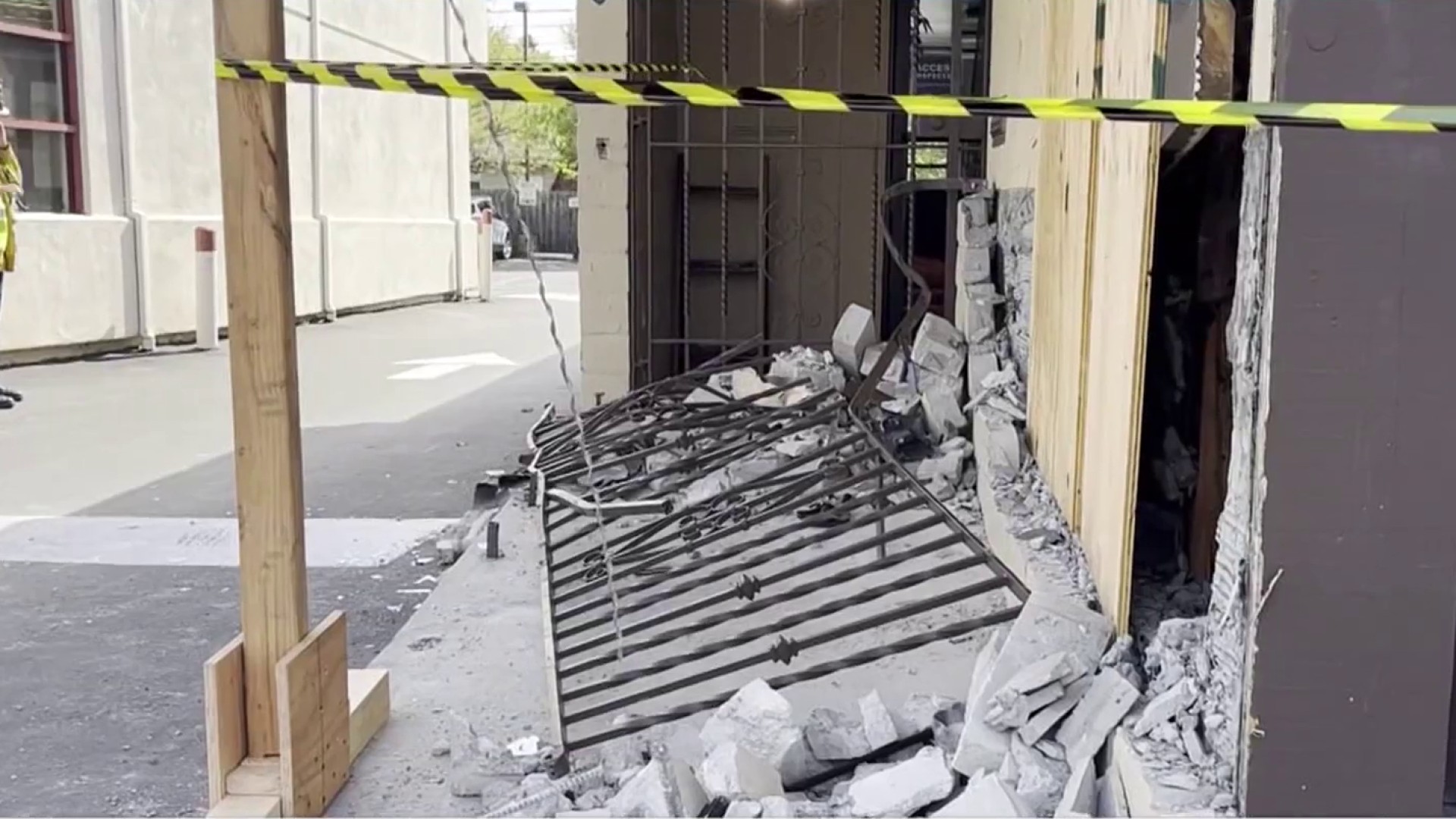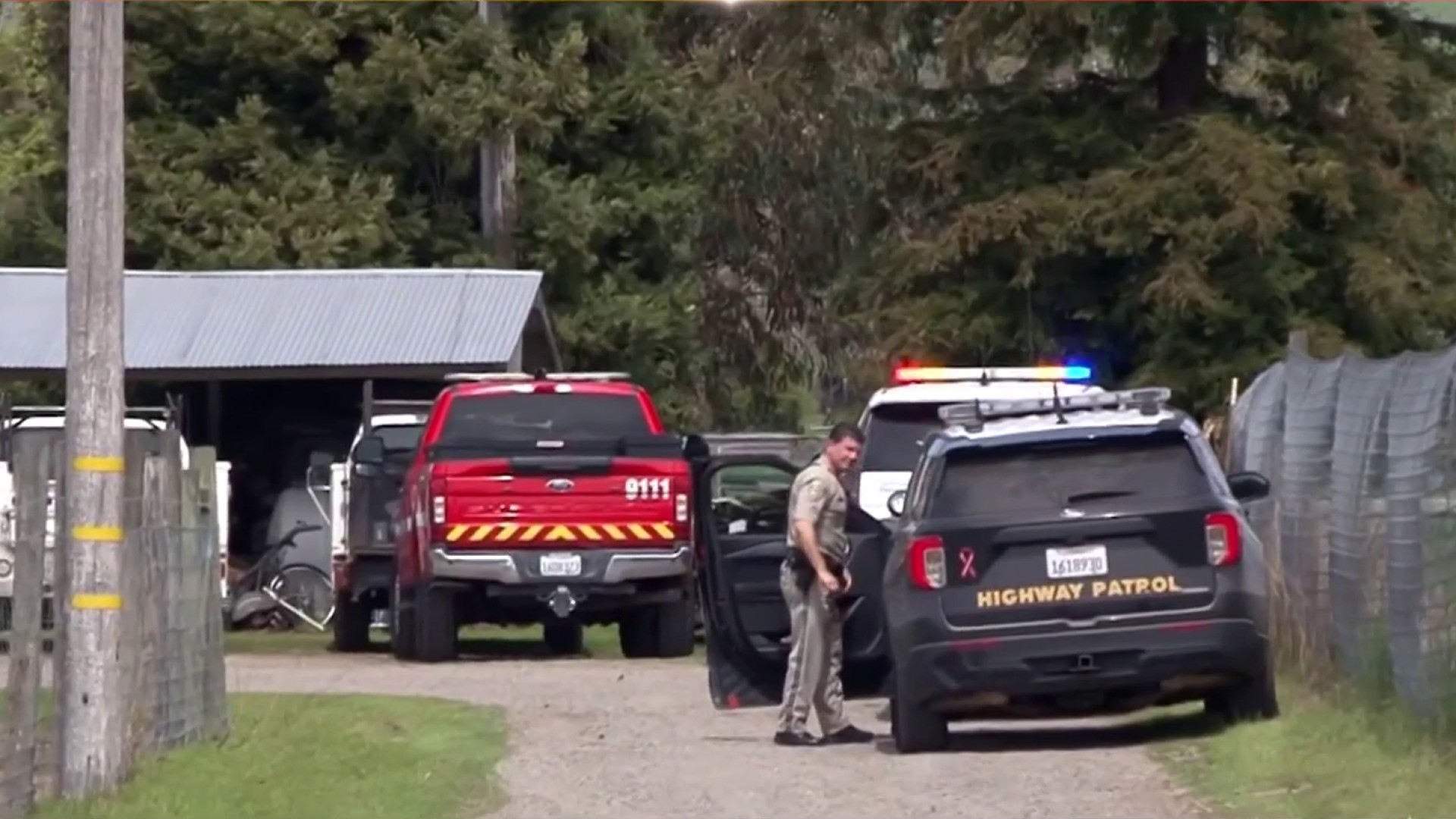UCSF researchers are working to devise a new test for the Zika virus. Raj Mathai reports.
Blood samples containing the Zika virus arrived at University of California, San Francisco laboratories Tuesday morning. A team of researchers there is working overtime to devise a new test for the virus, a test that would mean results in hours instead of weeks.
And it could be ready soon.
"We're hoping we can develop a test which can identify the Zika virus within six hours of receiving the sample," said UCSF's Dr. Charles Chiu.
To do this, he and his team of researchers are using a nanopore sequencer -- a device small enough to fit in your pocket but powerful enough to sequence DNA and identify viruses in real-time - by Oxford Nanopore, a UK-based biotech company. The sequencer also detects other viruses, which can prove useful because symptoms of Zika can be similar to other illnesses such as dengue and yellow fever.
This comes as health officials confirmed new cases of the Zika virus in Indiana, Ohio and Alabama, where health officials on Wednesday said they've confirmed the first travel-related case of the Zika virus in the state.
The World Health Organization estimates that three to four million people may beinfected by the mosquito-borne virus by year's end. Thousands of Brazilian babies have already been born with defects tied to the virus, including abnormally small heads and brain damage.
Nearly 30 countries have reported outbreaks, and the White House has now asked Congress for $1.8 billion to expedite a vaccine.
However, before there's a cure, there must be a better test.
Right now, in the U.S., blood samples are sent to the Centers for Disease Control and Prevention and it takes at least two weeks to get results.
Chiu says even though there is no cure for Zika at the moment, "two weeks is considered a long time for diagnosis and clearly we need to make tests for Zika more widely available."
He hopes the rapid test, if effective, will help prevent the spread of Zika and help those working on a vaccine.
"I suspect that at the very earliest it's going to be a matter of a year or two or probably longer before we see an effective vaccine," Chiu said.
If the rapid test proves successful, Chiu hopes to send it to Brazil and other local agencies dealing with outbreaks by the end of the month.



